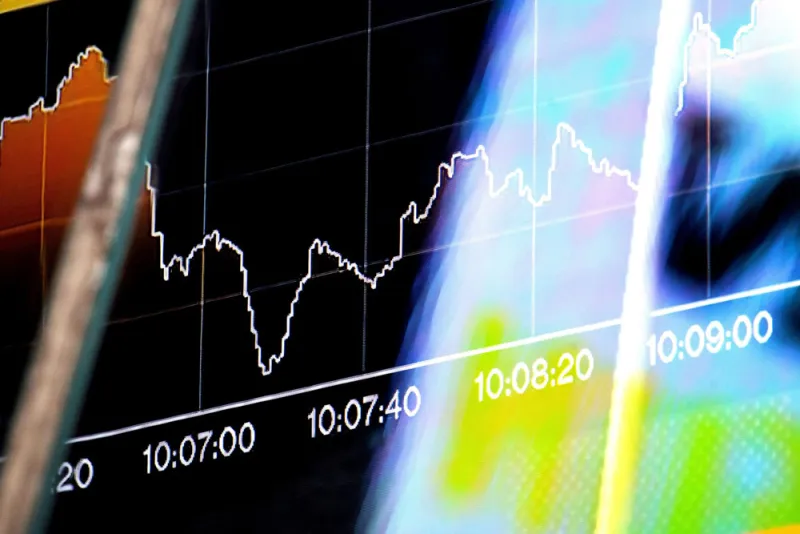Hedge funds held $166.9 billion in special purpose acquisition companies, or SPACs, during the first quarter of 2022, only a 3 percent decrease from year-end, according to SPAC Research.
Hedge funds have historically been the dominant buyers of public offerings of SPACs, however they represent less than half of the $373 billion worth of SPAC money in trust, according to SPAC Research. The trust money represents SPACs that have yet to consummate a merger. Most of these SPACs are now trading slightly below their net asset value of $10 per share, giving the hedge funds an arbitrage opportunity if they cash out when either deals are announced, or the SPACs are liquidated and money returned to investors.
The list of top hedge fund SPAC owners changed little over the quarter. Marshall Wace remained at number one, with $5.5 billion in SPACs, up from $5.3 billion at the end of the year. The fund bought shares of Cohn Robbins Holdings, which announced a merger with Allwyn Entertainment on Jan. 21. It also added to its stakes in Apollo Strategic Growth Capital II, Longview Acquisition Corp. II, and Pershing Square Tontine.
Saba Capital Management, which ended the quarter with $5.3 billion in SPACs to come in second place, also boosted its holdings. At year-end, it owned $4.3 billion, a 23 percent increase that brought it to second place among hedge fund SPAC investors.
Millennium Management ranked third, with $5.2 billion, an increase from the $4.9 billion it held at year-end.
Citadel Advisors came in fourth, after trimming its SPAC book. The firm held $4.2 billion at the end of the quarter, slightly down from $4.3 billion at year-end.
Glazer Capital, once the top SPAC owner, continued to sell, ending the quarter in fifteenth place. It owned $2.4 billion, down from almost $3 billion held at year-end. The firm’s biggest sale was 7.4 million shares of Austerlitz Acquisition Corp. II.
Dan Loeb’s Third Point is also continuing to sell out of SPACs. It ended the quarter with $285.3 million, down from $373.6 million at year-end. At the end of the second quarter of 2021, it owned $802 million in SPACs. Third Point dumped five SPACs, including Cohn Robbins Holdings and TPG Pace Beneficial Finance. It also sold out of FirstMark Horizon Acquisition, which merged with Starry on March 28.
Meanwhile, trouble continues for SPACs post-merger, or deSPACs. About 95 percent of the merger deals that have closed since the beginning of 2021 trade below the NAV, with a median decline of 50 percent, according to Pershing Square, whose own SPAC has yet to find a merger partner. (An exchange-traded fund that represents deSPAC names, called the De-SPAC ETF, is down about 50 percent this year.)
Now some of the newly-merged companies are in danger of going out of business. A new report by Audit Analytics, quoted in the Wall Street Journal said that “At least 25 companies that merged with special purpose acquisition companies between 2020 and 2021 have issued so-called going-concern warnings in recent months.”
The warning is given when a company’s auditor states they may not be able to stay in business over the next 12 months. The companies with warnings amount to more than 10 percent of the 232 companies that came to market through a SPAC during that time period, the report said. It added that this is “roughly double that for companies that listed through more-traditional initial public offerings.”







